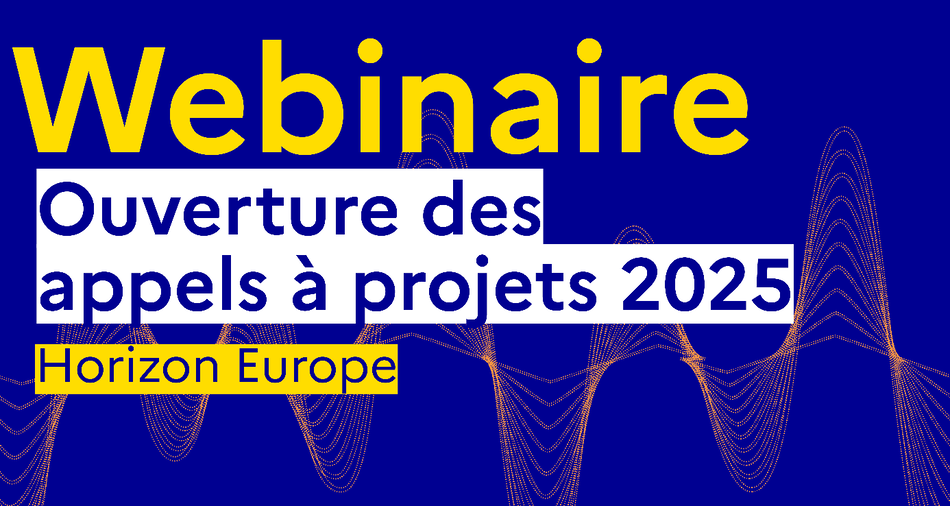Expected Outcome:
Project results are expected to contribute to all the following expected outcomes:
- Reduced pollution from litter, plastics and microplastics in European rivers;
- Accelerated uptake of innovative solutions to prevent and minimize pollution of rivers by litter, plastics and microplastics;
- Effective monitoring of litter, plastics and microplastics in freshwaters to implement the Water Framework Directive and Marine Strategy Framework Directive;
- Reduction by at least 50% plastic litter at sea and by at least 30% microplastics released into the environment;
- Contribution to the Mission’s Digital Ocean and Water Knowledge system through marine observations and open data and knowledge sharing.
Scope:
In line with the EU Towards Zero Pollution Action Plan for Air, Water and Soil, proposals should demonstrate scalable breakthrough innovations (technological, business, social and governance) to prevent and minimize pollution from litter, plastics and microplastics in European rivers.
Following the zero pollution hierarchy, proposals under this topic are expected to identify a set of innovative, cost-effective and sustainable solutions to be tested, validated and demonstrated to prevent and minimise pollution from litter, plastics and microplastics in major European rivers that flow out into the European seas and in their catchment areas, taking into consideration land-river interactions through measures, such as:
- Upstream prevention of pollution from litter, plastics and microplastics;
- Substitutes or alternative less polluting substances and materials for the most prevalent litter, plastics and microplastics found in rivers;
- Solutions to prevent or eliminate litter, plastics and microplastics from rivers.
The project will select and test at least five innovative and cost-effective solutions developed under EU, national, regional programmes or privately funded, for preventing and/or eliminating litter, plastics and microplastics from rivers for their effectiveness in preventing and eliminating this pollution in European rivers and for their scalability in other areas. The five solutions will include both solutions preventing as well as solutions eliminating litter, plastics and microplastics from rivers. At least 2 solutions should focus on elimination of microplastics from rivers.
Selected solutions for pollution prevention, elimination and remediation should not increase the level of anthropogenic underwater noise and air pollution. The selected solutions should be in line with the EU taxonomy regulation and delegated acts.
To address the impact-driven approach of the Mission and the nature of Innovation Actions, proposals are expected to work with and engage at least 5 ‘associated regions’ to showcase the feasibility, replicability and scale up of the solutions developed within the projects in other areas. ‘Associated regions’ are understood as areas with ecosystems that can benefit from the demonstration activities (e.g. neighbouring regions and/or regions in a different sea basin) and/or less-developed regions, with the need to build capacity to implement the innovative solutions for waste-free rivers in the associated regions, addressing possible barriers and showing the feasibility of implementing innovative solutions.
Proposals should ensure that the associated regions are located in Member States/Associated countries other than those that are part of the project consortium. An “associated region” shall benefit from the Financial Support to Third Parties provided under this topic within the duration of the project only once. The involvement of “associated regions” that have not yet participated in Mission projects is encouraged. The partners will proactively reach out to the associated regions to enable them to follow closely the project and its demonstration activities. The projects should continuously share their outcomes and knowledge with those ‘associated regions’ and provide them with technical assistance to build capacity and to implement in their territory that contribute to achieving the Mission objectives. The technical assistance to the ’associated regions’ should include the provision of technical advisory services necessary to the prepare roadmaps, plans and projects for waste-free rivers in the associated regions addressing possible barriers and showing the feasibility of implementing innovative solutions.
The maximum amount of Financial Support to Third Parties is EUR 100,000 per ’associated region’ for the entire duration of the action. Proposals should outline the selection process of the third parties to which financial support would be granted based on principles of transparency, objectivity and fairness.
‘Associated regions’ are understood as areas with ecosystems that can benefit from the scale up activities (e.g. neighbouring regions and/or regions in a different sea basin) and/or less-developed regions, with the need to build capacity to implement the innovative solutions to prevent, eliminate and remediate pollution in the associated regions addressing possible barriers and showing the feasibility of implementing innovative solutions.
The project funded under this topic will address all following issues:
- build links with other Mission activities and other relevant activities within the lighthouse and its area to maximize synergies, as well as with the European Blue Parks, other Mission lighthouses;
- build links with the Mission implementation monitoring system that will be part of the Mission Implementation Support Platform and with the Mediterranean sea basin lighthouse support facility and platform, for reporting, monitoring and coordination of all relevant implementation activities in the lighthouse area as well as with the Blue Parks technical support platform;
- support the Ocean and water knowledge system, in particular by contributing to monitoring, modelling and knowledge creation and data.
Proposals should build on research and innovation developed in the frame of related projects in the current and previous EU framework programmes, such as but not limited to Horizon 2020, including the activities funded under the Green Deal 2020 call, LIFE and national and regional programmes on European rivers, as well as the activities of the European Rivers Network.
Proposals are expected to show how their activities and results will achieve the Mission’s objectives, in line with the timeframe of the Mission phases, i.e.: by 2025 for the ‘development and piloting’ phase and 2030 for the ‘deployment and upscaling phase’.





